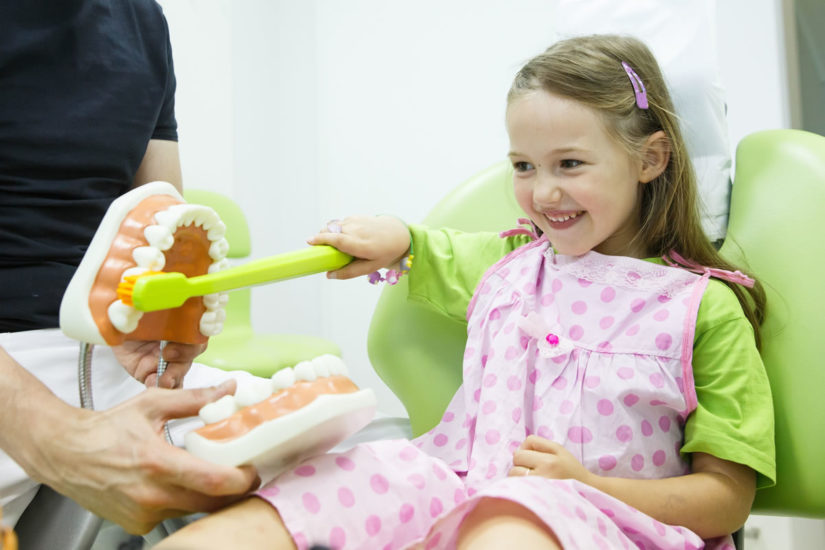Invisalign braces dental services in London right now: Brush twice a day and floss daily. Gum disease and tooth decay remain big problems — and not just for older people. Three-fourths of teenagers have gums that bleed, according to the American Dental Hygienists’ Association. Also remember to change your toothbrush 3 to 4 times a year. Rinse or chew gum after meals. In addition to brushing and flossing, rinsing your mouth with an antibacterial rinse can help prevent decay and gum problems. Chewing sugar-free gum after a meal can also protect by increasing saliva flow, which naturally washes bacteria away and neutralizes acid. Discover more details at cosmetic dentistry Ruislip.
Watch Out for Sweet Medicine: Children’s medications can be flavored and sugary. If they stick on the teeth, the chance of cavities goes up. Children on medications for chronic conditions such as asthma and heart problems often have a higher decay rate. Babies are born with all their teeth – you can’t see them because they are hidden in the gums. Baby teeth start to break through the gums around 6 months but it is important to start good oral care for infants even before the first tooth comes in. From healthy gums come healthy teeth. Wipe your baby’s gums with a soft washcloth after feeding. This helps remove the bacteria that can cause tooth decay.
Do you need to have healthy teeth and gums? Here are some advices: Baking Soda & Lemon: Mix a tablespoon of toothpaste, a pinch of salt, a bit of baking soda, and 4-5 drops of lemon juice in a bowl. Brush your teeth with this mixture for 4-5 minutes. You’ll see the difference after just one use. Use this method every other week. You may be able to get rid of superficial stains by yourself. A number of at-home tooth-whitening products — kits, strips, toothpastes, and rinses– may lighten stains. There are even some old-fashioned remedies you can try. Tooth-whitening products available on drugstore shelves use mild bleach to brighten yellow teeth. Toothpastes use abrasives and chemicals to remove surface stains. For deep stains, you may need a dentist’s help.
Convenience and comfort: Dental implants are a convenient and comfortable solution for those wanting a low-maintenance dental restoration. A dental implant feels and functions like a natural tooth, unlike dentures, which can be uncomfortable, ill-fitting, or require adhesives. Implants can be cared for just like natural teeth, which means you can continue enjoying your favourite foods and activities without worrying about your dental restoration. Improved speech: As stated earlier, missing teeth or ill-fitting dentures can affect your speaking ability. Dental implants can help resolve this problem, allowing you to speak naturally and clearly, which can positively impact your personal and professional life. Ultimately, deciding whether to choose dental implants or dentures should be based on your unique needs and preferences. Again, consultation with a dental professional is vital in determining an ideal treatment for your situation. Read additional info at https://www.ruislipdentalcare.co.uk/.
Why do I have to give a medical history when I attend the dentist? The dentist not only needs to check the health of your head and neck and inside of your mouth but is also assessing your overall health. This includes your past and current medical history, any allergies or chronic medical conditions and any medication you might be taking. Letting the dentist know what medication you are on is important as some medications have an effect on the treatment that the dentist prescribes. For example, some medications cause your glands to produce less saliva causing “dry-mouth”. This can increase the risk of decay for some people as the plaque is more likely to dry on the teeth rather than be washed away by saliva. The dentist and hygienist can advise ways to reduce such risks and a full medical history can help them to assist you.
